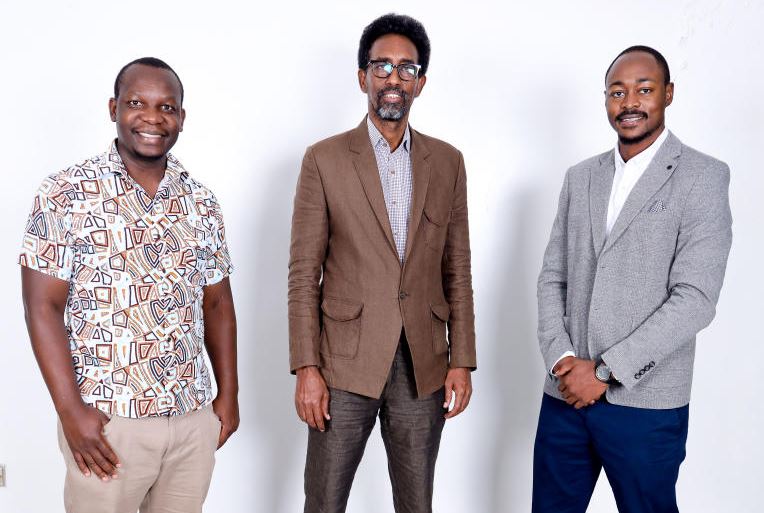
Between November and December 2018, three men – Hassan Bashir, Brian Mogeni and Mike Otieno - sat together to brainstorm on an idea they hoped would revolutionise the advertising industry in Kenya. They hoped to leverage on their diverse experiences in the digital world.
Brian had over seven years’ experience in developing and scaling internet companies such as Opera Software (Opera mini), smart taxi application Mondo Ride, and Africa Internet Group, now Jumia. Otieno worked with renowned firms such as McKinsey, the Palladium Group and as an Uber ambassador in Nairobi.







